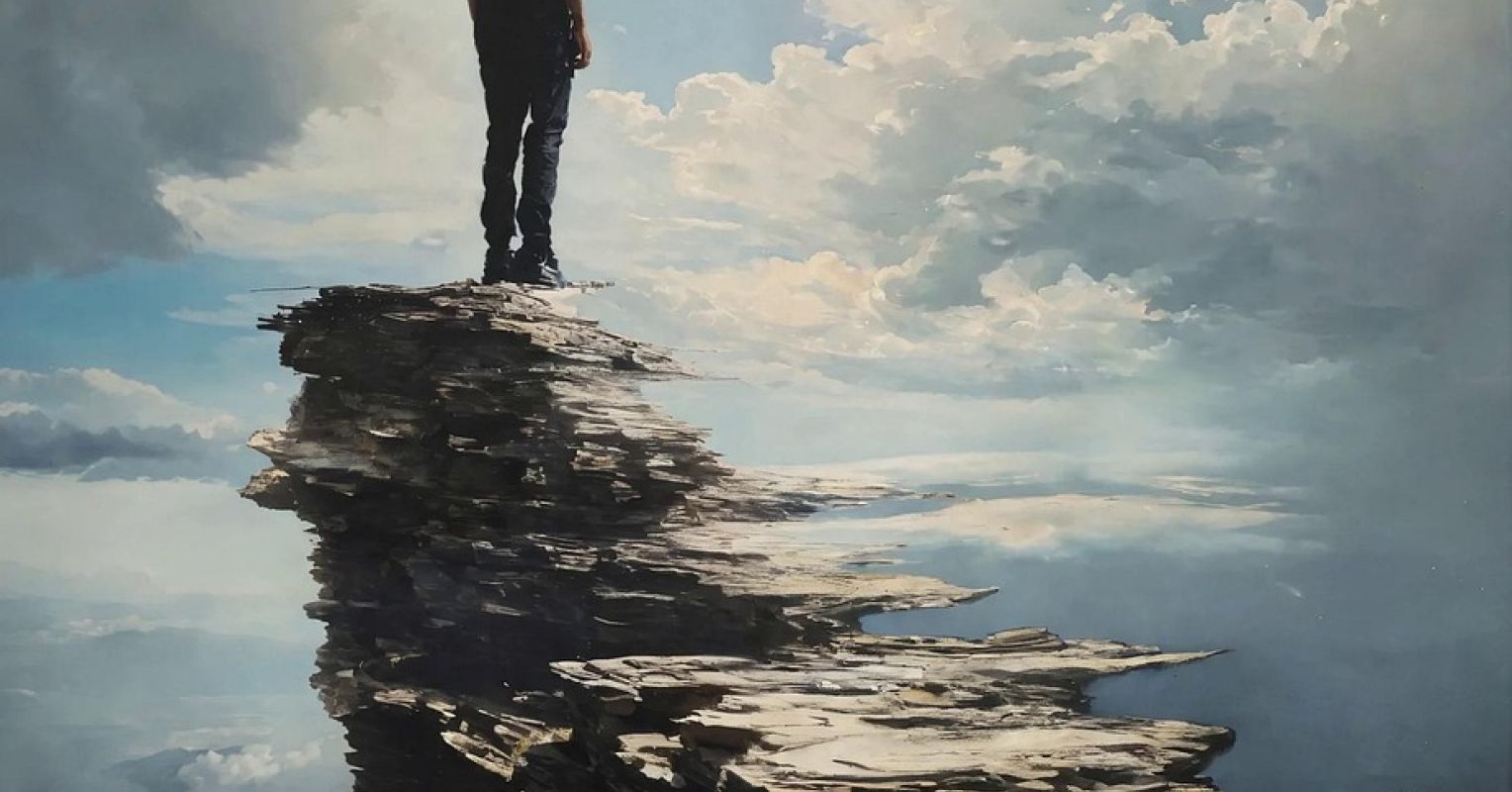John Keats, one of the greatest British poets of all time, died at the young age of 25. Yearning for poetic immortality, and yet acutely aware of the enormity of the goal he had set for himself, he often worried that a single lifetime wouldn’t be sufficient time in which to achieve it (even when he believed that lifetime would span more than 25 years).
He wrote in a famous sonnet:
When I have fears that I may cease to be
Before my pen has gleaned my teeming brain
Before high-piled books, in charactery, hold like rich garners the full-ripened grain
After spending several more lines reflecting on all of the things he fears he may not live long enough to accomplish, Keats concludes the poem by describing a coping mechanism he uses to keep from being paralyzed into inaction by this fear:
Then on the shore
Of the wide world I stand alone, and think
Till love and fame to nothingness do sink
Contemplating the vastness of the universe around him, he feels his ego—and the desire for love and fame that drives it—shrink to nothingness, freeing him from his fear of death so that he can go about the business of living life. A recent study from Australia suggests that Keats had the right idea.
Seeking to determine whether “feeling small in the context of vastness” has a positive or negative impact on our overall well-being, researchers at the University of Queensland and the Australian National University in Canberra recruited students to participate in a “time perspective induction.” Specifically, participants were shown a video excerpt from the 2014 TV series Cosmos: A Spacetime Odyssey in which the entire 14-billion-year history of the universe is compressed into a single year in the “cosmic calendar.” With the Big Bang marking the first nanosecond of January 1, the Earth forms sometime in mid-September, and the entirety of recorded human civilization occupies only the final ten seconds of December 31, New Year’s Eve.
From the “time perspective” induced by viewing human history in this manner, the participants were confronted with the sobering fact that, relative to the total time that the universe has been in existence, their own lives occupy the merest fraction of a second—literally, the blink of an eye. One might think that such a stark realization of the brevity of one’s life might trigger a negative emotional response, such as depression or anxiety, but that is not what the researchers found.
Along every “dimension of well-being” examined in the study, the results revealed predominantly positive effects in the participants. These effects included increased coping with threats, propensity to forgive others, self-forgiveness, satisfaction with life, and reduced anxiety. And concerning Keats’ fear of “ceasing to be” before he has realized his literary potential, many participants felt less “death anxiety” after the time perspective induction than they did before it.
The research team attributes the positive results of the time perspective induction to the “small self” hypothesis. According to this hypothesis, exposure to the vastness of awe-inspiring events or concepts (such as the 14-billion-year span of the universe’s history) can lead to “ego dissolution” by making us feel “fused with something bigger.” This feeling, in turn, promotes a state of “self-transcendence” in which self-focused concerns that typically bother us suddenly don’t seem so important anymore. When we feel small as a result of exposure to vastness, our cares and worries shrink in proportion to the diminishing size of our ego.
John Keats intuitively grasped the liberating power of thinking big and feeling small. His entire active writing career lasted only five years, but in that brief period, he secured the poetic immortality that was his driving ambition. He could easily have fretted away those few precious years by focusing on the existential fears that understandably preoccupied him, but instead, he reduced them to “nothingness” by dissolving his ego through contemplating the vastness of the “wide world” on whose shore he stood. It was this ability to feel small that made him a giant in the world of literature.




